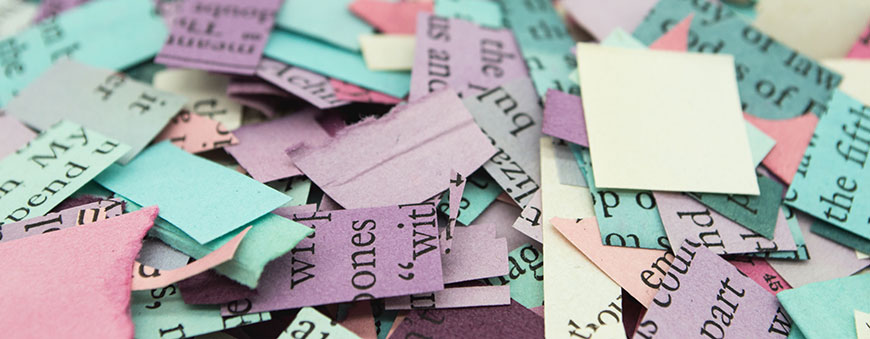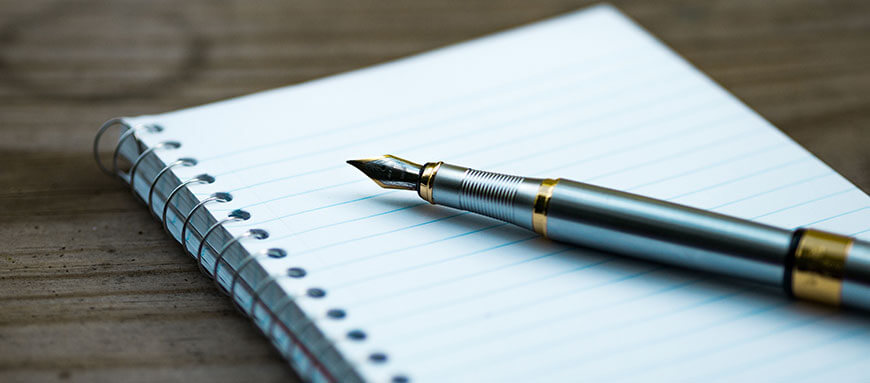Welcome to Matrix Education
To ensure we are showing you the most relevant content, please select your location below.
Select a year to see courses
Learn online or on-campus during the term or school holidays
Learn online or on-campus during the term or school holidays
Learn online or on-campus during the term or school holidays
Learn online or on-campus during the term or school holidays
Learn online or on-campus during the term or school holidays
Learn online or on-campus during the term or school holidays
Learn online or on-campus during the term or school holidays
Get HSC Trial exam ready in just a week
Get HSC exam ready in just a week
Select a year to see available courses
Science guides to help you get ahead
Science guides to help you get ahead

Do you wonder why reflection is so important in English? Are you concerned that it is a waste of time? In this post, we discuss the five Rs of reflection and explain why high school English requires reflection as a skill, and how to master it!
Reflection seems a relatively easy task – it involves taking a look at yourself or your work and assessing the outcome.
So why is it so important?
Going into high school and beyond, we need to be equipped with this life skill because reflection is more than just admiring what you see in a mirror. Reflection is about positively questioning your methods to understand how and why you have produced what you have, whether you’ve written an essay, constructed a poem or analysed a film. Reflecting on a process enables you to identify strengths and weaknesses that you can improve upon and develop in future.
NESA Stage 4 requests that students are able to use, reflect on and assess their individual and collaborative skills for learning, particularly in writing (EN4-9E).
By identifying our skills, we will be able to understand what impacts our writing and find ways of harnessing our best features and tweaking what needs improvement.
If you were skateboarding and mistimed a kickflip, you wouldn’t repeat the same mistake again, right? This is where reflection comes in and serves an important part of ongoing learning.
Reflection is a skill that can be achieved through following “The Five R’s of Reflection”:

When you complete an English task, whether it’s creating a poem, writing an essay or constructing analysis of a text, READ the final product. This lets you put everything into perspective and understand and appreciate the value of your writing.
Whether it’s a small homework task or a final assignment draft, when you read your work before submission you can ensure that you have done the best you can possibly do and you’ve answered all the questions to the best of your ability.
All the work we do in English is not just a set of one-off tasks! Rather, together they build our skills and serve as a reflection of our understanding and hard work!
Now that you’ve read your work, let’s ask some questions.
How does it sound when you read it out loud?
What are the best parts of the text?
Which parts don’t make sense?
This sense-making step allows us to critique and reflect on the work we have put in and understand our strengths, weaknesses, skills and achievements.
Don’t be too harsh on yourself!
Ironing out minor mistakes or reworking ideas is a difficult task because it requires us to be vulnerable and open to challenging our work.
This is a tricky skill to master! Remember that reflection is a combination of viewing your strengths as well as weaknesses. So, don’t forget about the work and skills you’ve put into your writing!

Resolve those questions you raised by redrafting your work.
For example, if your character’s dialogue felt clunky and unnatural, how do you think they would actually speak? Or, if your topic sentences were too long, see if you can cut to the chase and eliminate any unnecessary words.
If this part of the process is proving difficult, or you think you’ve made as many improvements as you could, then you should seek feedback.

Ask another person to read over your work!
This validates the hard yards you’ve put in plus it gives you a fresh perspective, especially when you feel you’ve hit a wall in how to improve your writing.
Feedback is highly valuable and is usually given to help you develop your writing, but remember that all feedback is subjective so don’t take anything personally when someone else reads your writing.
It is incredibly brave to open up your writing for someone else to read, but don’t let any negative feedback discourage you from writing!
If anything, try and view things from their perspective: Why did my teacher not understand the plot of my narrative? Why did they say my protagonist wasn’t very strong?
If you’re unsure, you can always ask the person who gave you feedback for clarification – they are there to help and make your writing stronger.
One of the key elements of reflection is being able to recall everything you’ve learnt by revisiting your work.
You can do this by reading a first and final draft of your work. Ask yourself:
Remember that one set of advice is not necessarily applicable to every situation. Instead, the methods you use in one situation help develop a comprehensive toolkit for reflection you can use later.
Every tool you obtain makes you a more comprehensive and critical writer!
Now you have a simple five-step solution to approach reflection!

Reflection is something we can practice in everyday life, not just in our writing.
Reflect on your day at school, maybe something cool you learnt, or that new kickflip trick you learnt while skateboarding on the weekend. Reflection is a great habit that keeps us present and reminds us that we continue learning, even after high school and beyond.
To practice reflective writing, start keeping a journal or diary for your work. Every day or once a week, make an entry writing about what you think you are doing well and what you think you’re struggling with.
This will help you write reflections later on, but it will also help keep you track and fix your weaknesses and celebrate those hard-fought successes!
With Matrix+, we provide you with clear and structured online lesson videos, quality resources, and forums to ask your Matrix teachers questions and for feedback.
Learn more about our Matrix+ Online English course now.
Get ahead with Matrix+ online
Learn at your own pace with expert teachers and proven resources. 96% of students saw their marks improve.
© Matrix Education and www.matrix.edu.au, 2025. Unauthorised use and/or duplication of this material without express and written permission from this site’s author and/or owner is strictly prohibited. Excerpts and links may be used, provided that full and clear credit is given to Matrix Education and www.matrix.edu.au with appropriate and specific direction to the original content.